The Curious Case of Psychedelic Therapy with Natalie Lyla Ginsberg
Photography by Jennifer Skog
Natalie Lyla Ginsberg is the Policy and Advocacy Director at the Multidisciplinary Association for Psychedelic Studies (MAPS). Born and raised in New York City, Ginsberg is a sharp and courageous young woman who has spent her early career dedicated to changing outdated drug laws in the United States
INTERVIEW BY EVA GREEN
WHAT GOT YOU STARTED WORKING IN THE FIELD OF DRUG POLICY AND CRIMINAL JUSTICE REFORM?
For as long as I can remember, probably helped along by my early appetite for children’s books about the Holocaust—(my favorite book? When Hitler Stole Pink Rabbit!) I have gravitated towards resisting racial and social injustice. In college, this led me to America’s systems of mass criminalization and incarceration, and I started tutoring at a men’s level 4 high-security prison, Cheshire Correctional Institute. Recognizing immediately that these men should not be wasting their lives, never mind taxpayer’s money, in prison, I decided I wanted to be a public defender. So, I thought it would be wise to spend my junior summer interning for the Brooklyn District Attorney’s office. At the DA’s office, a considerable number of the cases I was getting were 13-year-old black boys arrested for tiny crumbs of marijuana. At the same time, my white Yale classmates would smoke cannabis freely, literally blocks from the DA’s office. I ended up refusing to process any of these marijuana cases, which first introduced me to the notion of drug policy reform. After graduating from Yale, I served as a guidance counselor at a middle school in the South Bronx. I then worked at an alternative sentencing court in Manhattan with people who were arrested for prostitution who had the option of therapy and group work instead of incarceration. I quickly realized that most of my clients’ problems could easily be traced to larger systemic issues. Much of their behavior was rooted in response to these unjust systems and policies. That led me to work to resist racism and mass incarceration in the form of drug policy reform.
TELL US ABOUT YOUR TIME WORKING AT THE DRUG POLICY ALLIANCE?
During social work school, I became a Policy Fellow at the Drug Policy Alliance, and there I worked to try to end racist marijuana arrests in New York. We successfully decriminalized cannabis, but data shows that there are still huge disparities in arrests regarding race throughout the state. It wasn’t until I was working on New York’s medical cannabis campaign that my eyes were really opened. Though I had always enjoyed cannabis and supported its medical use, it wasn’t until then that I was able to recognize the massive therapeutic potential and how it was so much more effective than most other medicines, often saving children’s lives. The Drug Policy Alliance had a campaign to educate legislators and raise awareness in the community about the racial disparities in marijuana arrests. I spent a lot of time working on the medical cannabis campaign which was more medical lobbying focused, and we successfully passed a medical cannabis bill in New York. Unfortunately, it was heartbreaking when Governor Cuomo decided to cut out smoking from the bill—which meant no access to flower. I often worry about the cannabis industry’s self-interests and how that, in turn, harms people when cannabis companies are profit-seeking.
CAN YOU TELL ME WHAT THE MULTIDISCIPLINARY ASSOCIATION FOR PSYCHEDELIC STUDIES (MAPS) IS AND HOW YOU CAME TO YOUR POSITION WITHIN THIS ORGANIZATION?
MAPS is a non-profit research and educational organization developing the medical, legal, and cultural contexts for people to benefit from the careful uses of psychedelics and marijuana.
During my time at the Drug Policy Alliance, I started reading about MAPS research with psychedelic therapy and something clicked. What this research clearly showed was that psychedelic therapy, with just a few sessions, can help treat and potentially cure conditions like addiction, PTSD and depression.
The data shows that with the help of these tools, patients were able to address the root of their problems rather than focusing on mitigating symptoms. I support MAPS by tackling the barriers to marijuana research. MAPS has been successful in their psychedelic research for over a decade. Our MDMA-assisted therapy trials that treat PTSD are almost near the end of the FDA approval process, and we expect approval in 2021.
Although we have received the only government grant for cannabis research from the State of Colorado for a study treating PTSD in veterans, there have been many bureaucratic and government hurdles to overcome.
We will still not be able to proceed to the next phase of research until we can adjust these last remaining barriers. We are currently waiting for Sessions and the Department of Justice to respond about some of these issues, although I am not optimistic about Sessions moving his stance on cannabis.
WHAT ARE SOME OF THE BARRIERS WITH MEDICAL RESEARCH INTO CANNABIS?
The most significant barrier to marijuana research is the only source of federally legal cannabis is grown at the University of Mississippi overseen by the National Institute of Drug Abuse. Besides the fact that the cannabis grown there is not of the highest quality, we cannot use cannabis produced by the government for Phase 3 FDA research because the FDA requires that you use the same medicine in your study that you then plan to sell on the market. So, not only do we only have one source of cannabis for research, there is actually no pathway towards medical approval. There is no pathway forward without changing these laws, and my focus is to enable lifting these barriers to cannabis research for medical approval.
WHAT DOES PROGRESS IN CANNABIS REFORM LOOK LIKE UNDER THE TRUMP ADMINISTRATION?
I think that Jeff Sessions has almost been helpful in some ways in part because of his outdated beliefs about cannabis which is forcing other Republicans to distinguish themselves in their policy. Population-wise, we see that cannabis is the most popular bipartisan issue there is. Over 90% of Americans are favorable towards medical cannabis—find me one other thing that over 90% of Americans agree on.
I have been hearing from some Republicans who in the past has been very anti-cannabis who are looking to evolve on these issues. Their main concern is mostly about jeopardizing their relationships with law enforcement agencies. I do see a lot changing, which is really encouraging, but I do have fears about people who have shifted their stance and will now be making money of this evolution—
“MDMA is not the same as “Ecstasy” or “molly.” Substances sold on the street under these names may contain MDMA, but frequently also contain unknown or dangerous adulterants. In laboratory studies, pure MDMA has been proven sufficiently safe for human consumption when taken a limited number of times in moderate doses.”
I don’t want to discourage this evolution of thought because it is great when people look at facts and eventually change their mind, but I think it is really disgusting when those same people are making huge profits off of this policy shift and not actively using their new found knowledge to remedy the past harms that their policies have contributed to.
I do think that even in this administration, there is more space for cannabis to be a progressive issue than many others—especially in the midst of the opiate crisis—when states with medical cannabis have had a 25% drop in opiate overdoses. There are some really incredible statistics about how people are using cannabis to consume fewer opiates or to replace opiates entirely or to be prescribed cannabis instead of opiates. This shift is what we are working for with our studies so doctors can prescribe it.
CAN YOU EXPLAIN WHAT MDMA-ASSISTED PSYCHOTHERAPY IS?
In MDMA-assisted psychotherapy, MDMA—an empathogen that produces emotional openness—is only administered a few times, unlike most medications for mental illnesses which are often taken daily for years, and sometimes forever.
MDMA is not the same as “Ecstasy” or “molly.” Substances sold on the street under these names may contain MDMA, but frequently also contain unknown or dangerous adulterants. In laboratory studies, pure MDMA has been proven sufficiently safe for human consumption when taken a limited number of times in moderate doses.
MDMA is only administered a few times, under the supervision of trained therapists, unlike most medications for mental illnesses which are often taken daily for indefinite amounts of time. Our model is a facilitated experience with two trained therapists in a 6-8 hour MDMA-assisted therapy session. Before the active MDMA therapy session, there are a series of regular sessions before and after to set up the experience and integrate it afterward—participants in the studies will spend a night in the clinic, so it is a really holistic experience.
The FDA will approve MDMA therapy in the year 2021. MAPS has received both “breakthrough therapy” designation as well as “special protocol assessment” which means the FDA is actively working with us to get it this treatment fast-tracked to approval. It is very rare that they give these designations. After approval, it would mean that clinics that have the ability to do this treatment would need to receive a specific license to have MDMA and for the first five years, they will need to be approved and trained as therapists by MAPS. The vision is to have clinics all over the United States where patients can get this treatment.
WHAT DOES A WORLD LOOK LIKE WHEN PSYCHEDELICS BECOME MAINSTREAM MEDICINES FOR PEOPLE?
Conceptually, psychedelic therapy requires only a few sessions and is holistically focused on the root of the problem— I think ultimately it would make us really start to question the pharmaceutical industry and lots of our other approaches to health care that are such symptoms focused and reactionary rather than holistic. I would hope that it would inspire a world where people would live their lives a lot differently.
To learn more about MAPS (Multidisciplinary Association for Psychedelic Studies) and Policy Reform visit https://maps.org/policyreform
Drop a line on Natalie’s Instagram @natalielyla
Read the full article in MJ Lifestyle’s [sold out] second issue!
SPARK THE CONVERSATION
Know someone who could benefit from this article? Share it with them:





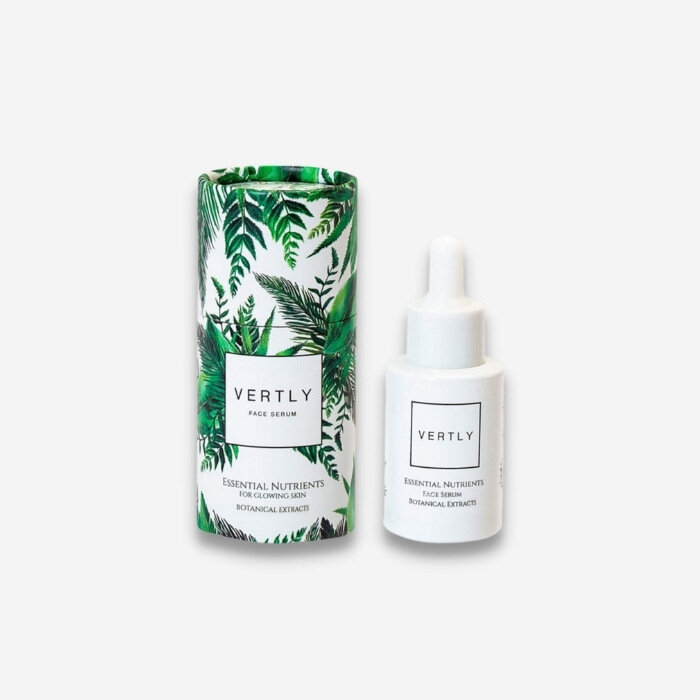





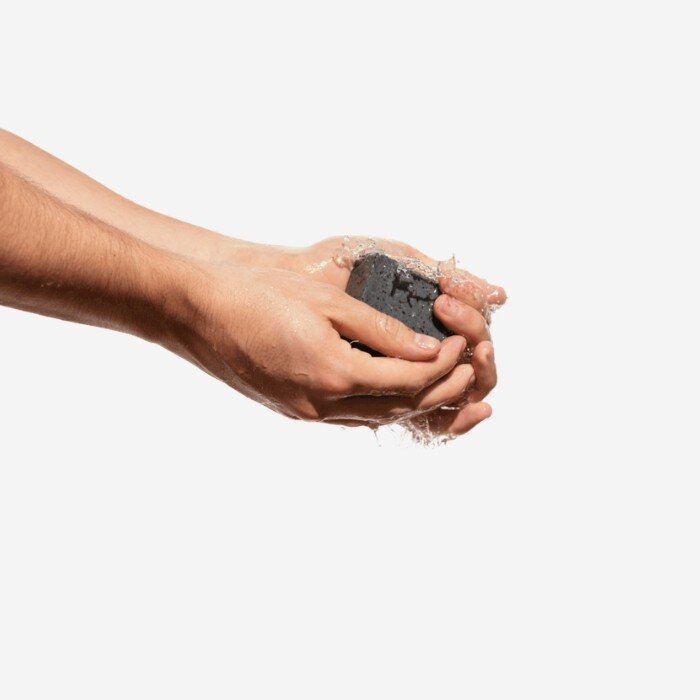
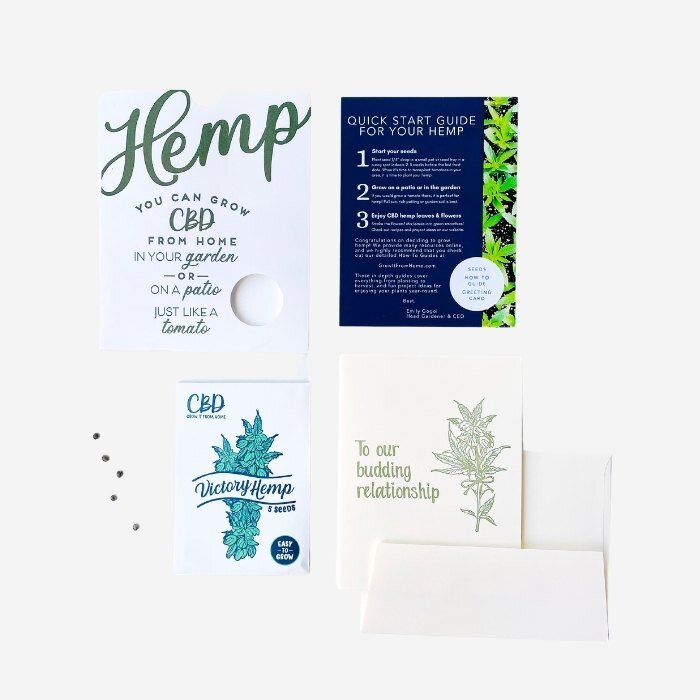
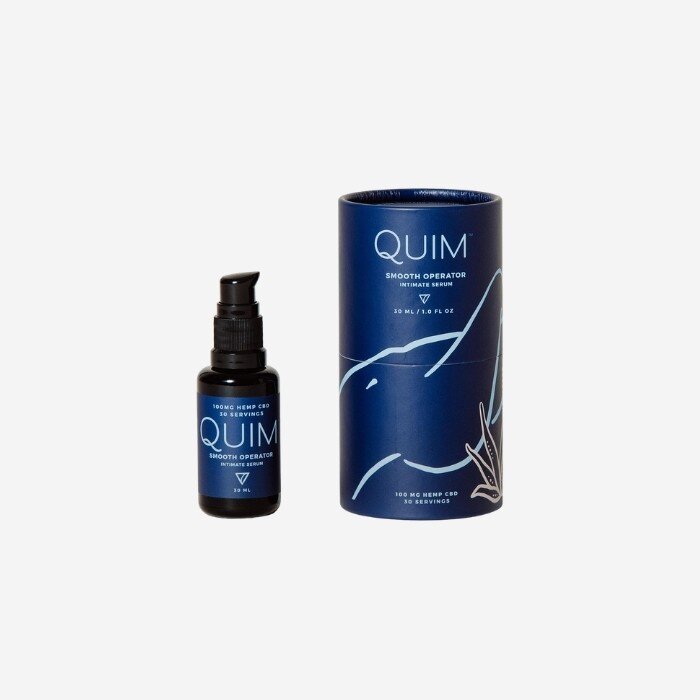

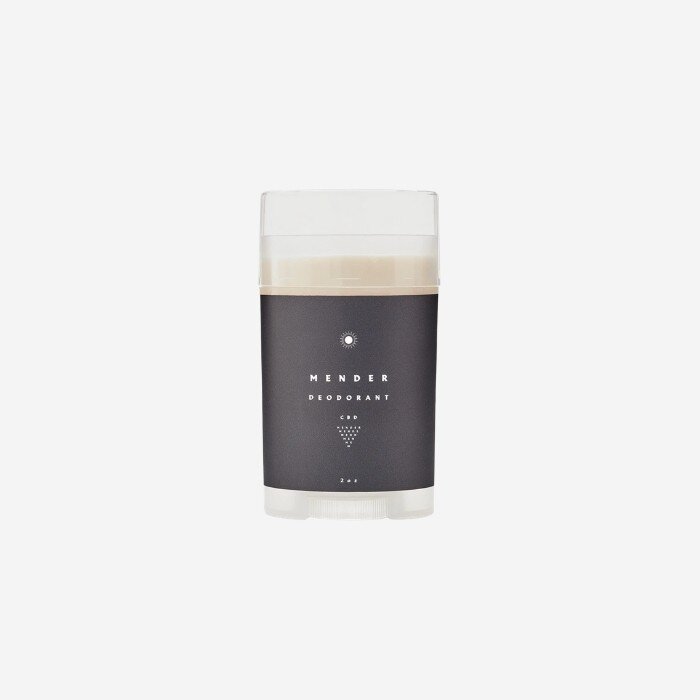


![ISSUE IV: IN HER POWER [Print Issue]](https://images.squarespace-cdn.com/content/v1/59d67df7f43b55d3bba071a1/1625433536206-OGB20J3WYG5IA75VVZJU/MJ+Lifetyle+Issue+4.jpg)













